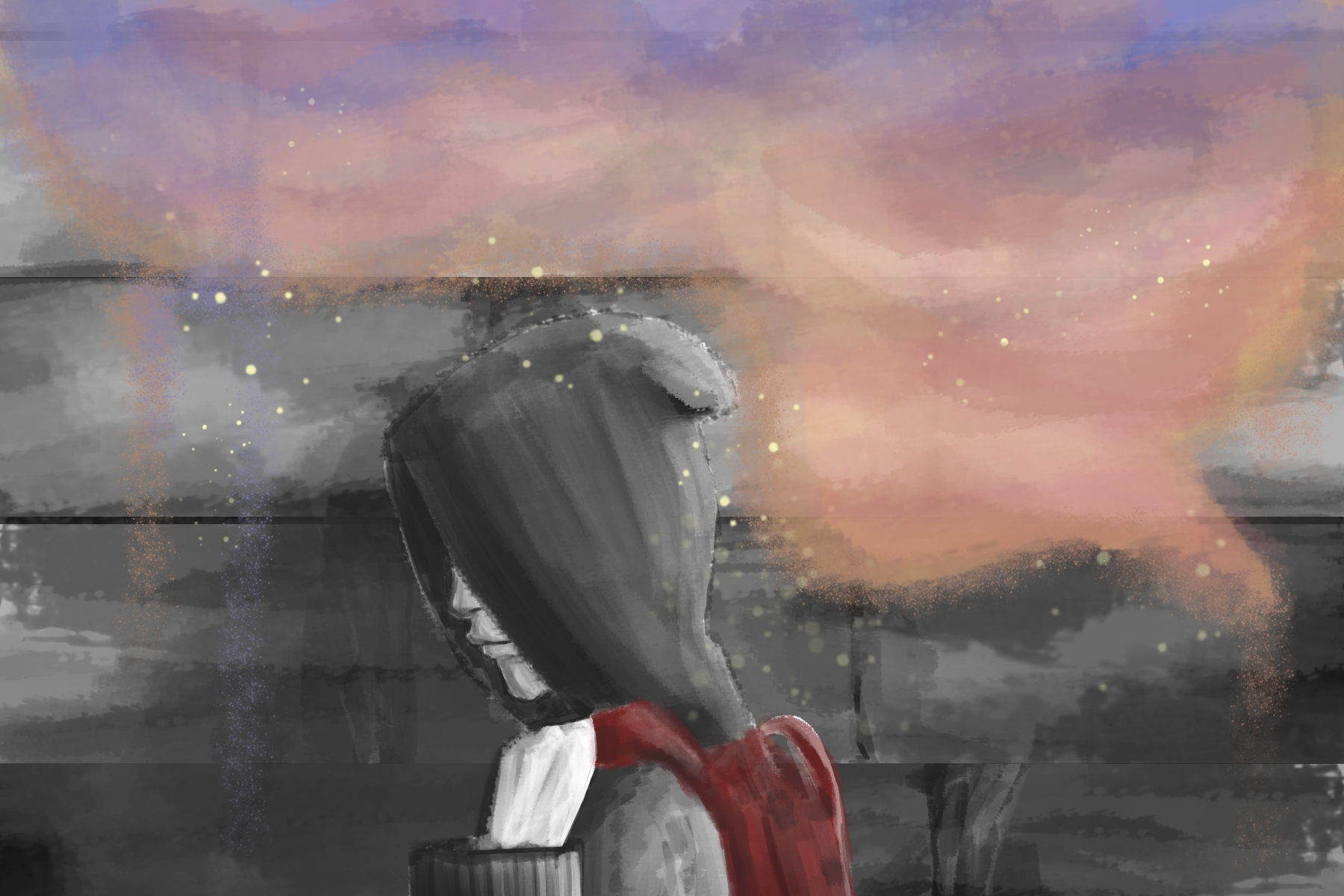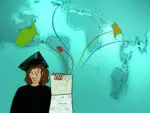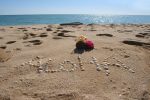There’s a quote that made me pause a week ago: “The journey itself is my home.” The quote is from Edo period Japanese poet Matsuo Basho. It means that it is the experiences in life that make the foundation of who we are. While I agree with the sentiment, what made me deliberate on the quote was its attachment to a travel blog with scenic backgrounds of tropical paradises, thrilling terrain and festive cultural activities. The blog plastered the epic nature of wanderlust and how these thrilling adventures could be experienced in various formats with the promise of fulfillment for risk takers and trailblazers.
The quote itself is inspiring, but I’m unsure if the individual who runs the blog understands that the quote’s meaning is miles away from the blog’s purpose.
While Basho used the word “journey” as a synonym for life, most travel-based influencers would interpret this phrase to mean that the world of traveling is where they belong and that only the authenticity of wanderlust can achieve a level of satisfaction that is equal to the feeling of a true “home.”
Despite what many of these influencers would like their followers to think, travel does not always lead to a full life, especially the type of wanderlust that entails an “authentic” experience of living with nothing but the bare essentials. This romanticized type of minimalistic living while traveling is idealized through numerous travel blogs and Instagram pages.
All of these could be an online manifestation of that old college friend who took a gap year to backpack across Asia and came back wearing a bindi and practicing Buddhism — the same friend who one might have to remind that they’re from Ohio and they don’t even like gravy with their mashed potatoes.
Modern media would portray this fantastical concept of traveling the world with nothing but the clothes on one’s back as the ultimate rewarding experience. It’s common to think that such a voyage would be the only true experience of humanity and that by committing to seeing different walks of life and becoming one with nature or a culture, there is an unmatched enlightenment.
While this idea may be true to a degree, it’s also incredibly privileged. Those who decide to travel on a whim and work odd jobs here and there as part of an adventure in these foreign countries must be aware of the double standard that this places on those native to the destination. What is seen as a test of authenticity to these fortunate travelers is a harsh reality for others. The act trivializes the lives of the locals. It promulgates the idea that their reality can only be enriching to a privileged traveler’s own selfish wish fulfillment before it becomes too inconvenient or difficult to handle. The less privileged residents of these areas don’t have the luxury to move on to somewhere new.
For those living in poverty-stricken areas, this “minimalism” is their only way of existing. There is no choice in the matter of experiencing humbling conditions. The stakes are much higher for these people in contrast to a traveler who can realistically retreat to the comfort of a family home when the weariness of traveling catches up to them.
To be fair, I do think there is a lot of substantial growth that can correlate with the experience of traveling. There has to be some sort of self-actualization from exploring countries in the developing world, learning different cultures and becoming more acquainted with the fundamentals of life, but it can only be achieved if one understands that there is a financial, racial and circumstantial privilege that usually accompanies this type of wanderlust-led idealism.
The privilege of wanderlust and how those who take advantage of their resources to experience the authenticity of being “homeless” should understand that this is not the same thing as being genuinely impoverished. Having no money is not an adventure or a test of endurance and having very little in only a small vacuum of reality shouldn’t be seen as a practice run to reach enlightenment.
As long as someone comes from some background of security, they can never truly know the oppressive and suffocating fear of not knowing how they might survive another day.
As tourism in other countries continues to grow and affect the lives of local communities all over the globe, it is essential to be aware of how traveling could lead to the betterment of foreign impoverished communities.
It’s also important to acknowledge that this way of thinking is not only demeaning to the cultures a traveler encounters, but also to people back home who cannot have any sort of worldly, epic adventures. Whether this misfortune is because of financial issues, disabilities or family, it is senseless to pretend that the only way to enrich your life is by seeing the world.
If someone were to have aspirations to travel abroad and was aware of how fortunate they are because of this opportunity, they would hopefully understand that traveling should mean more than just asking, “How long can I last?”
It should be about cultural appreciation, intellectual growth and leaving the world in a better place than how it was found.
















